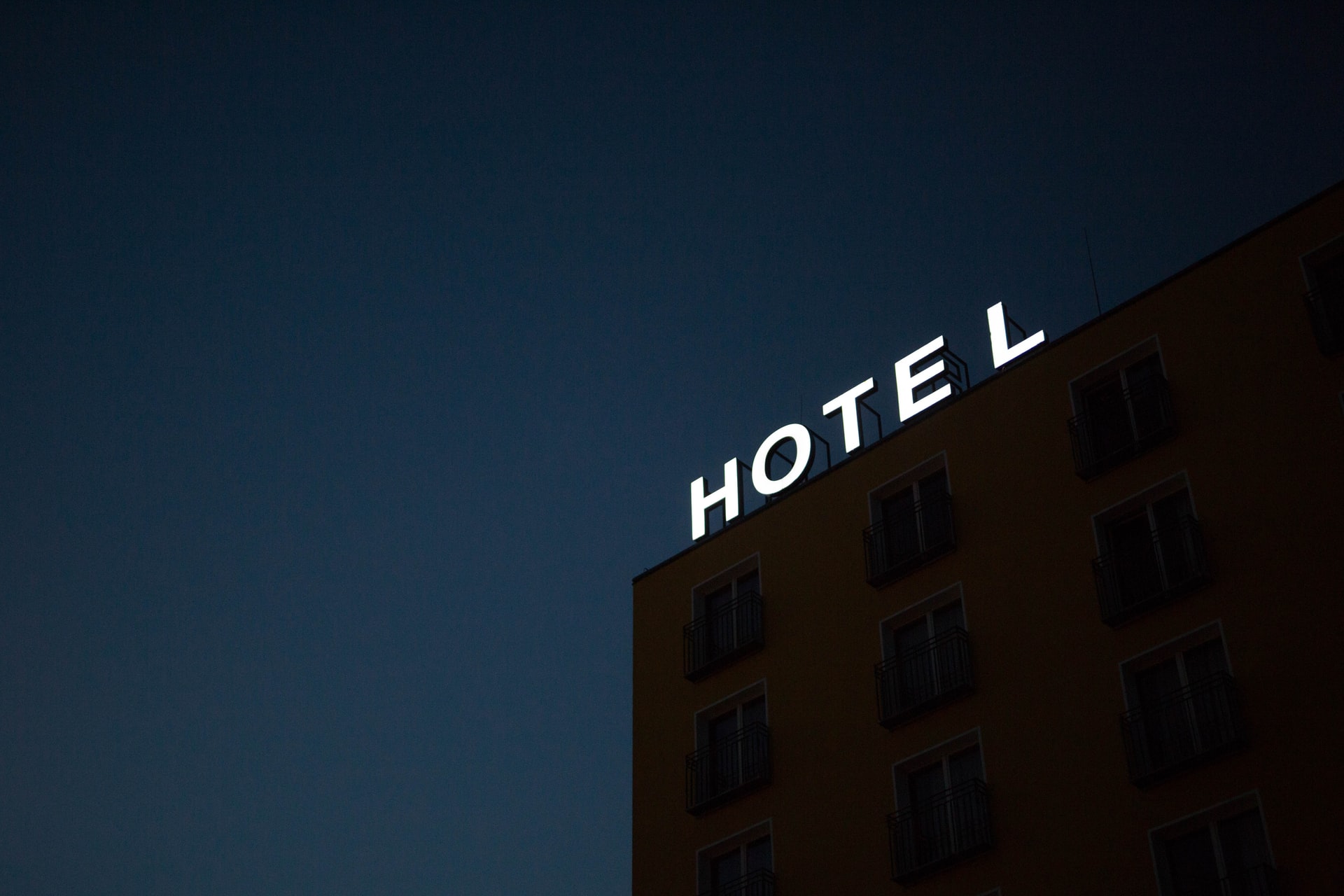On 9 June, the Spanish government approved Royal Decree-Law 21/2020, which contains new prevention, containment and coordination regulations to deal with the health crisis due to COVID-19. It will enter into force on 21 June, when the state of emergency is lifted and, consequently, the free movement of people throughout Spain will be allowed.
The package of measures will be applied throughout Spain until the government considers that the health crisis is over, which will most likely be when a vaccine or an effective equivalent remedy exists. Special attention must also be paid to the measures established by the regional authorities or by a specific region where a business is carried out.
We will now answer the frequently asked questions of how the ‘new normal’ will be in the restaurant, hotel and tourism industry.
Will there still be capacity restrictions at hotel establishments?
Yes, there will still be capacity restrictions at the establishments. The regional authorities will be in charge of establishing the maximum capacity for the establishments in their region, always considering the 1.5-metre safety distance, unlike the 2 metres required so far. The 1.5-metre distance will apply, for example, to tables outdoor, tables inside restaurants and between customers at the bar.
Will the workers have to wear a face mask?
When the 1.5-metre interpersonal safety distance cannot be maintained, face masks will be mandatory in any enclosed spaces for public use or which are open to the public and in outdoor spaces.
What employment measures must business owners adopt?
- They must adopt measures to clean, sanitise and ventilate the workplaces, in accordance with that set out in the Return to Face-To-Face Work Protocol drafted by each company, based on each one’s specific circumstances.
- They must make available to the workers either soap and water, or alcohol-based hand sanitisers or disinfectants, authorised and registered by the Spanish Health Ministry for hand-washing, which must be done regularly.
- They must adapt the working conditions, including arranging the workplace layout and organising the shifts, and using the common areas which guarantee maintaining a minimum interpersonal safety distance of 1.5 metres between workers. When this is not possible, they must provide workers with personal protective equipment appropriate to their level of risk.
- They have the duty to prevent a mass concentration of people, of either workers and clients or users, at the work centres, considering the potential peaks.
- They must establish measures on how to gradually return to face-to-face work; nevertheless, teleworking is fostered when this is possible as a result of the nature of the work.
- They can take the employees’ temperature and/or carry out COVID-19 tests on them as safety measures to detect and prevent COVID-19 contagion based on the employers’ obligation to guarantee the health and safety of the workers at their service, all of this subject to the occupational safety regulations.
Nevertheless, the business owner is recommended to be aware of any new announcements made by the data protection supervisory authorities and health authorities regarding the obligation, need and suitability of the measures adopted to guarantee the health and safety of their workers.
All of this must respect the employment and occupational safety regulations.
What happens if workers have symptoms or are diagnosed with COVID-19?
They are forbidden to go to the workplace and, if they are there, they must call the telephone line enabled by the corresponding regional authority or healthcare centre and, where applicable, the corresponding occupational safety service.
A PCR test or another molecular diagnostic technique will be conducted as soon as possible on anyone suspected of having the virus.
What can hotels or restaurants do to control a potential new outbreak?
Any establishments where the health authorities identify the need to trace contacts are obliged to provide the health authorities with the information that they have or which is requested regarding the identification and contact data of the potentially affected persons.
Will foreign tourists be able to enter Spain?
Yes, passengers from international flights will be allowed to enter; AENA (the Spanish airports authority) will have the necessary resources to guarantee health control when entering the country.
The airlines, shipping companies and inter-provincial land transport companies will be obliged to maintain the travellers’ data with the preassigned seat number up to at least four weeks after the journey, in case this is necessary for tracing the contacts and informing of a coronavirus case.
We are at your disposal for any further doubts or queries.
________
Employment and IT, Risk & Compliance Areas
+ 34 933 808 255





